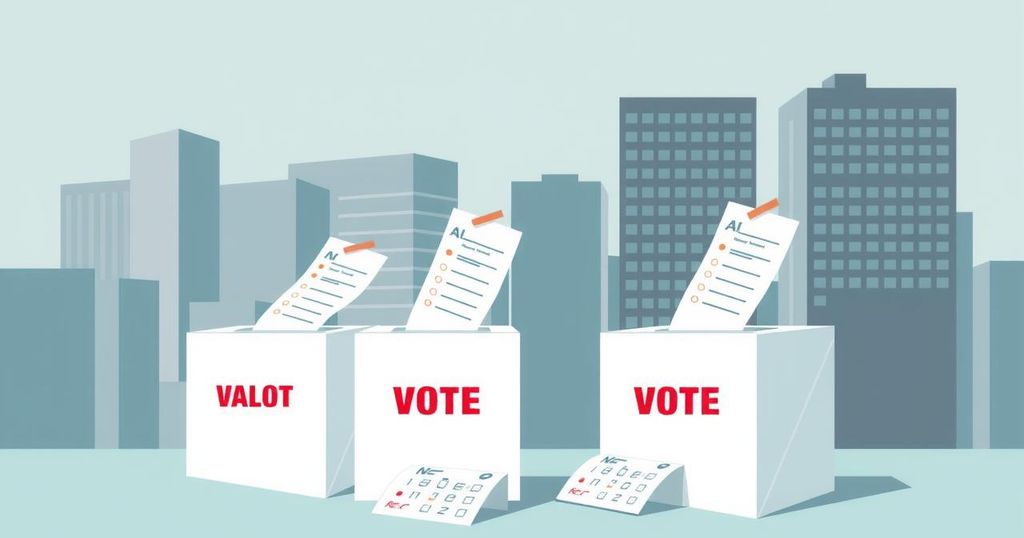Portugal is set for its third snap election in three years following the collapse of Luís Montenegro’s government amidst the Spinumviva scandal. Allegations of conflict of interest and failed parliamentary confidence votes have led to significant political instability. As the nation prepares for a series of elections, the dynamics among major parties, especially the far-right Chega, raise questions about future governance.
Portugal is preparing for its third snap election in three years following the collapse of Luís Montenegro’s center-right government. This situation arises amidst ongoing political turmoil, significantly influenced by the Spinumviva scandal involving former Prime Minister António Costa, who resigned amid an investigation. Montenegro’s Democratic Alliance coalition initially appeared stable after winning a previous election, but allegations regarding his former consultancy have shifted the political dynamics, leading to increased scrutiny and dissent.
The controversy surrounding Spinumviva, a consultancy that Montenegro previously owned, raised concerns about potential conflicts of interest, especially concerning government contracts tied to the firm’s clients. Despite Montenegro’s denials, opposition parties mounted criticism, which culminated in censure motions that were ultimately unsuccessful. However, the persistent scrutiny prompted Montenegro to call for a parliamentary vote of confidence, which he subsequently lost, resulting in the dissolution of his government and the impending snap election scheduled for May.
Following this political upheaval, Portugal enters an extended electoral period, with local elections shortly succeeding the legislative vote and a presidential election slated for January. Recent polling indicates that while Montenegro’s coalition may still lead in voter preference, the parliamentary landscape remains tense, with increased difficulty in forming a stable administration.
Both Montenegro and Socialist Party leader Pedro Nuno Santos face immense pressure as they prepare for the campaign, which is likely to intensify given their mutual accusations over political instability. With an absence of a clear parliamentary majority on the horizon, the far-right Chega party may once again play a significant role in negotiations, further complicating the prospects for governance in Portugal amid its ongoing political turmoil.
In summary, Portugal faces significant political instability with a forthcoming snap election resulting from the collapse of Luís Montenegro’s minority government amid the Spinumviva scandal. The upcoming elections will not only test the resolve of emerging leaders but also impact the nation’s political landscape, where previous alliances may be fragile. With the far-right Chega party positioned to influence future governance, Portugal’s political future remains uncertain, emphasizing the urgent need for clarity and stability in the wake of repeated electoral contests.
Original Source: www.politico.eu






